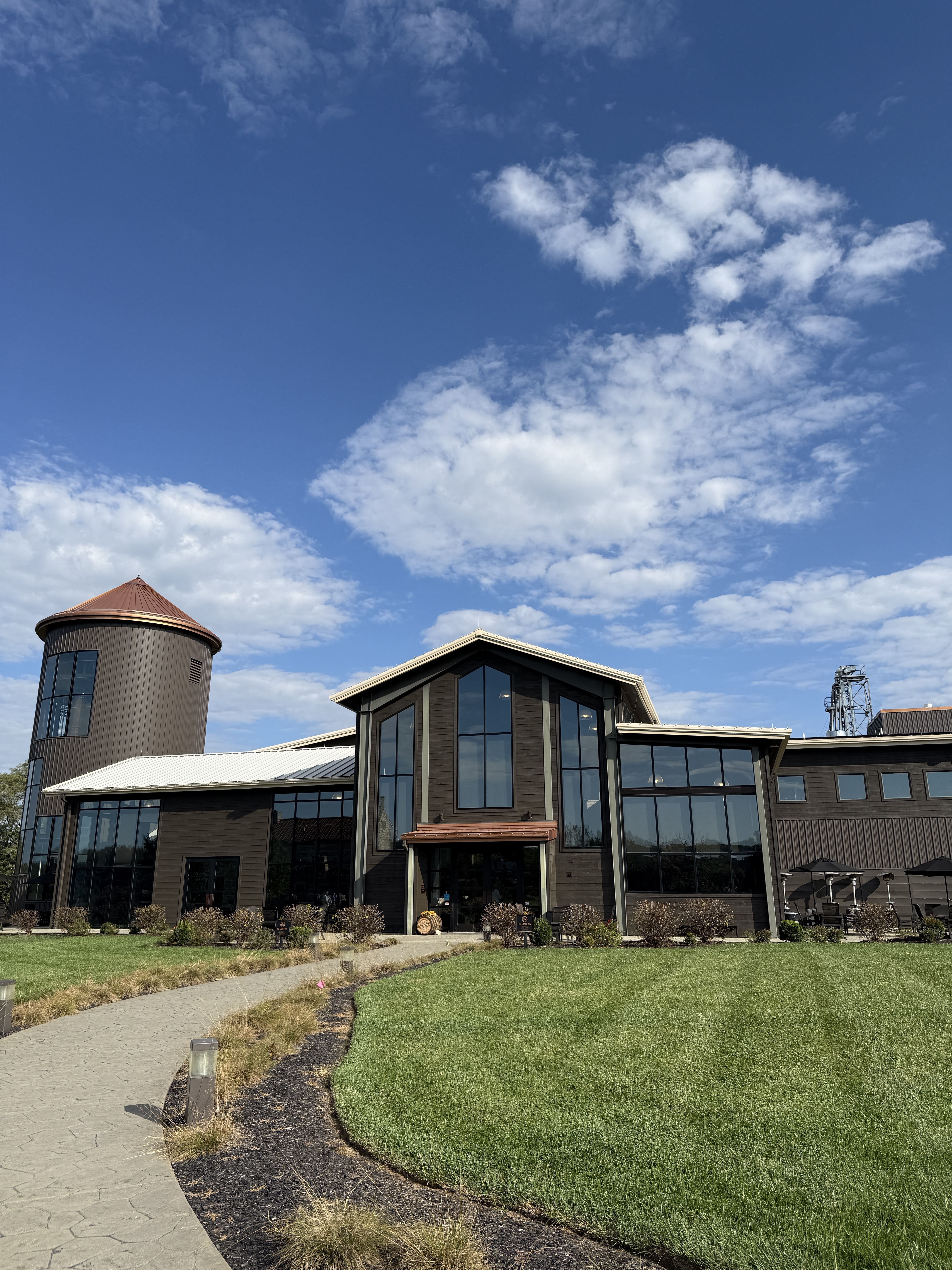MICROMOMENTS MEAN BUSINESS IN THE TRAVEL INDUSTRY
Back in the day when my family took vacations, we would go to the travel agency, meet with an agent, and trust that they would find the best rates for the vacation. This process has drastically changed in the digital marketplace. In 2015, 43.8% of travelers who booked trips digitally did so on a mobile device. With 35% of Americans planning on taking family vacations in the next 12 months, marketers in the travel and tourism industry need to turn their focus toward catching the micromoments.
Micromoments are the “want to” moments – I want to know, I want to go, I want to do, I want to buy – and are some of the most relevant moments in the travel and tourism industry. Here’s a real life example: a few weeks ago, I went on vacation in Ft. Lauderdale, Florida. I booked pretty much every step of my trip on my smartphone – from the “I want to know” trip research on Google, to the “I want to go” TripAdvisor query for suggestions of fun things to do in the area, to the “I want to do” when I researched boat rental options, to the “I want to buy” when I was ready to book my house rental on my HomeAway app, flight on my Delta app, and every restaurant choice via Yelp research.
This trip was first-hand proof of the power of micromoments. My decisions were made based on the information I could quickly find through phone searches and small-screen research. So what does this mean for travel and tourism marketers?
The most important takeaway: if you want to be found, you better be mobile friendly. Here’s the mobile reality – in 2015, there were 1.8 billion smart phone users in the world, and 64% of the U.S. population owns a smartphone. Of that U.S. mobile population, 75.1% of them access the internet from their mobile phones, and that percentage is rising every year. With those kind of numbers, chances are that your customers are on mobile or soon will be. On top of being mobile friendly, you have to be in the customer’s path when and where they are looking for your service. What’s the best way to do that? Below are some tips on the different stages of micromoments and how to reach your customers at the right stage and at the right time:
I Want to Know:
A customer in this part of the journey is exploring and researching. The seed idea may have been planted, but they haven’t yet made it into purchase mode. They are collecting inspiration and information on a product or service.
Strategies for reaching the customer: At this point, the prospects are probably using a search engine to research what they’re looking for. An advertisement came across their computer/mobile phone showing a photo of glow-in-the-dark beaches and they wanted to check out some info about them. First of all – wouldn’t you want to be that initial ad? You found your prospective customer before they even knew that they wanted you. That’s the dream. Now, you need to be there as they research. Enter Google. To succeed at Google, you need a double-edged strategy: SEO and SEM. Organic search engine optimization (SEO) is driven by great content and extensive meta data. Paid search, or SEM means your message shows up in front of your customer right when they’re looking for the information, but only while you’re paying for it. Both have their advantages and disadvantages – SEM is immediate but requires a financial investment while SEO is an organic focused strategy but requires time and specific actions on and off site. Together they will help your company be more authentic and relevant to the prospect and may help move them into the next stage.
I Want to Go:
Customers in this part of the journey have made a decision on what they want to do, but have not decided where they want to go or what they want to purchase. They are in the consideration stage of the journey.
Strategies for reaching the customer: After researching glow-in-the-dark beaches, the prospect decided they need to visit one. The customer is officially in the “I want to go” stage. Now, from a quick Google search, the Maldives are the ideal place for seeing bioluminescent beaches. But you know that Navarre Beach, Florida, near your business, also has some beautiful glowing beaches and you want to lure your customers away. Here’s where content is key! If your prospects don’t know that you exist, how would they ever know how to find you? Is your company active on social media? Do you have a website full of useful content, and a blog that portrays your company as an industry leader? All these pieces make your company look and feel more authentic and relevant to the prospect and may help move them into the next stage.
I Want to Do:
This stage could come before or after a purchase. For example, customers could research what they want to do in a city before they book their vacation, after they book, or even when they get to their destination.
Strategies for reaching the customer: So your prospect decided the Maldives was too pricey and learned that Navarre Beach has some glow-in-the-dark beaches as well and is headed in your direction. Other beach locations may have lost out, but this is the opportunity for hotels, restaurants, and tour providers near Navarre Beach to get noticed. SEO and SEM will again play a big role in this stage, but targeted advertising and remessaging can be a huge addition. Someone visited your website for a glance. They move over to Facebook, and up in the corner, they see your advertisement. They’re reminded that they need to book a hotel for their glow-in-the-dark beach vacation and move into the next stage.
I Want to Buy:
This stage is huge. The prospect is ready to make a purchase, but needs help deciding what or how to buy. This is the time you need to be in front of the customer so you are considered.
Strategies for reaching the customer: Content again plays a big part in this stage: Is your company active on social media? Does your website have great vacation information, customer testimonials, and reviews online which make you look like an industry leader? That’s what customers look for when they’re ready to buy. Also, the ease of the process is very important. Can your customer easily sort through your website, find what they’re looking for, add a purchase to their bag and check out right on their phone with a credit card or PayPal? If not, they can be deterred from making a purchase and leave to find an easier route.
To review – a clear digital marketing plan needs to be in place for your travel and tourism business to reach the right customers at the right time. Customers are looking for the quick and easy, but also trustworthy, way to make their purchase.
Learn more about how we can help you adapt to the evolving marketing landscape and ramp up your efforts.
Share This Story, Choose Your Platform!
March 24, 2025

Creating Your Visual Voice
In a recent episode of Field Notes, host Eric Hultgren sat down with Terrance Weinzierl, Executive Creative Director at Monotype, to discuss the often overlooked yet crucial role typography plays in brand identity. While their conversation covered broad typography trends, several insights emerged that are particularly valuable for travel marketers looking to differentiate their destinations in an increasingly crowded digital landscape. [...]
March 11, 2025

The 2025 Sprout Social Index
Social media isn't just another channel for travel marketers—it’s the center of modern culture, a place where travelers discover their next adventure, make purchasing decisions, and even seek customer support. The 2025 Sprout Social Index™ reveals valuable insights about what consumers really want from brands on social media, offering travel marketers a clear roadmap for staying relevant and impactful. Social is the [...]
February 24, 2025

Standing Out in a Crowded Space
In a recent episode of Field Notes, host Eric sat down with Kyle Stichtenoth, Senior Director of Digital Sales and Strategy at Advanced Travel and Tourism, to explore the evolving landscape of travel marketing. With 15 years of industry experience, Stichtenoth offered valuable insights into how destinations can adapt to changing traveler behaviors and emerging technologies. The conversation kicked off with [...]


 Ad Choices
Ad Choices